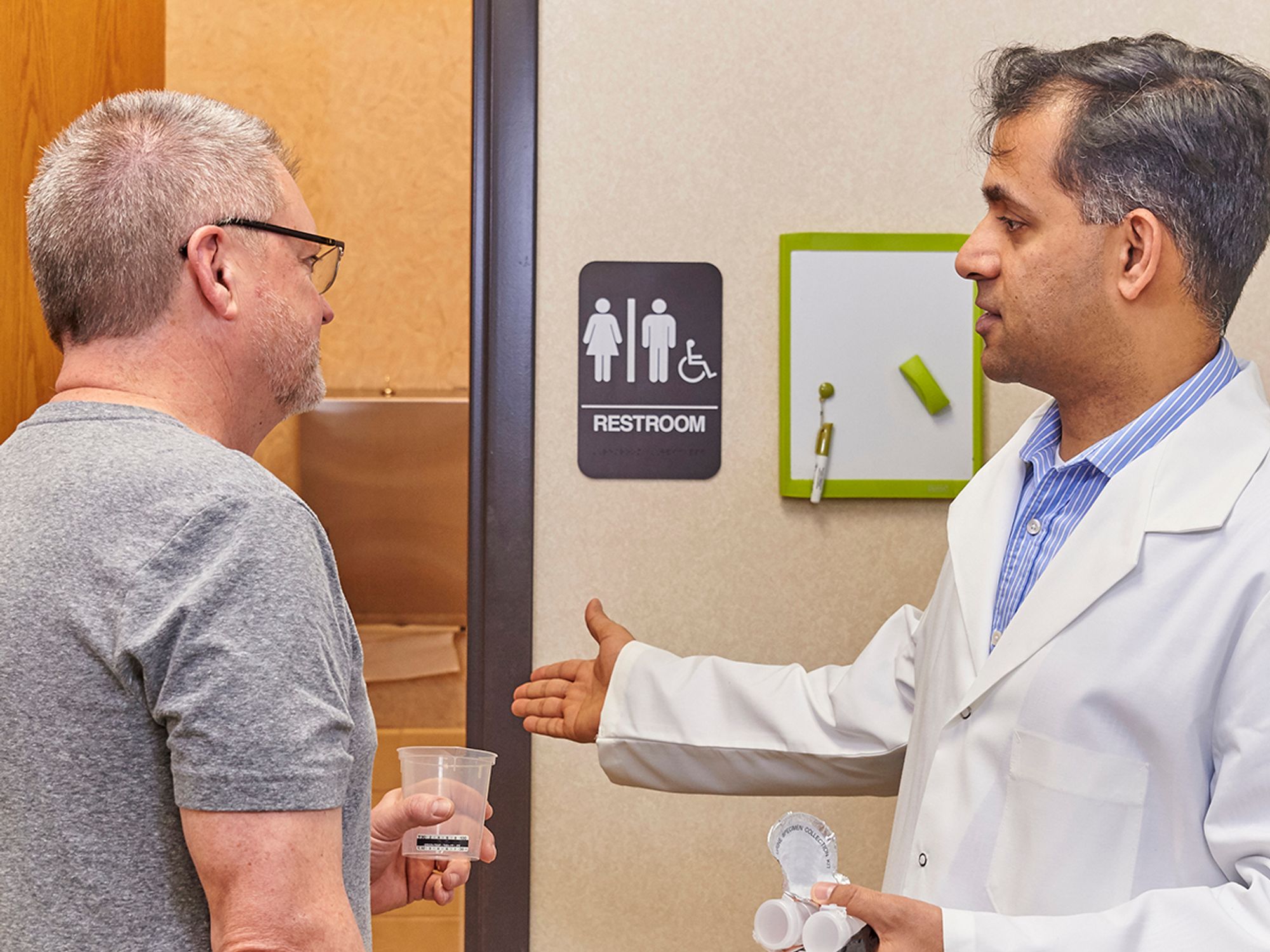Does OSHA regulate post-accident drug testing?

- OSHA does not prohibit drug testing, but employers who test employees in retaliation for reporting a workplace injury or accident may violate OSHA regulations.
OSHA does not have regulations that specifically address post-accident drug and alcohol testing. Certainly, OSHA expects employers not to allow impaired employees to be a safety hazard in the workplace, but it does not have specific drug or alcohol testing requirements.
The agency indirectly addresses post-accident drug testing in a provision that prohibits employers from retaliating against employees when they report a work-related injury or illness. This provision is found in 29 C.F.R. § 1904.35(b)(1)(iv): You must not discharge or in any manner discriminate against any employee for reporting a work-related injury or illness.
Most drug testing allowed under OSHA
A 2018 letter of interpretation on this requirement notes that the agency does not prohibit post-accident drug testing. It specifically notes that these types of testing are permissible:
- Random drug testing.
- Drug testing unrelated to the reporting of a work-related injury or illness.
- Drug testing under a state workers’ compensation law.
- Drug testing under other federal law, such as a U.S. Department of Transportation rule.
- Drug testing to evaluate the root cause of a workplace incident that harmed or could have harmed employees. If the employer chooses to use drug testing to investigate the incident, the employer should test all employees whose conduct could have contributed to the incident, not just employees who reported injuries.
The agency notes that action taken under a post-incident drug testing policy would only violate the requirement if the employer took action to penalize an employee for a work-related injury rather than for the legitimate purpose of promoting workplace safety and health. An employer that consistently enforces legitimate work rules, regardless of whether an injury or illness is reported, would show that the employer is serious about creating a culture of safety.
An employer could conduct a post-accident test if an employee’s behavior may have had an effect on a workplace incident. For example, if a forklift operator is injured in an accident, a drug test could be conducted if the employee’s actions contributed to the injury.
Additional post-accident testing considerations
If an accident or incident does not involve an injury, OSHA’s provision relating to discriminating against an employee for reporting a workplace injury would not be a consideration when testing.
Other state or federal laws may impact the test, however, so an employer should always look to applicable laws and company policy when deciding whether or not to conduct a drug test.
